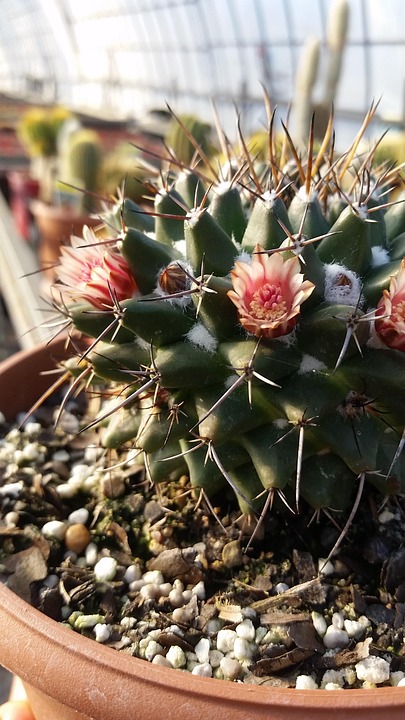Essential Skills and Responsibilities of a Horticulturist: A Shortage Occupation with Promising Career Prospects
In recent years, the horticultural industry has witnessed a significant shift in focus, as environmental concerns and the demand for sustainable practices have surged. This evolution has created a critical shortage of skilled horticulturists, making the profession increasingly attractive for those seeking a rewarding career. But what exactly does it take to thrive in this field?
1. Expertise in Plant Science
At the heart of horticulture lies a profound understanding of plant biology. Horticulturists must grasp the complexities of plant physiology, genetics, and ecology. This means delving deep into how different species interact with their environments, and how cultural practices can influence plant health and yield. Knowledge of soil science, pest management, and climate adaptation are equally vital. As noted by Dr. Jane Smith, a leading horticultural researcher, “The ability to apply scientific principles to real-world problems is what sets successful horticulturists apart.”
2. Practical Skills and Technical Proficiency
While theoretical knowledge is crucial, hands-on experience cannot be overlooked. The role of a horticulturist often involves the use of advanced tools and technologies, from soil testing equipment to irrigation systems. Proficiency in landscape design software, as well as an understanding of sustainable agricultural practices, enhances one’s employability. Moreover, familiarity with organic farming techniques is becoming increasingly sought after, as many consumers gravitate towards eco-friendly produce.
3. Project Management and Planning
A horticulturist’s duties frequently extend beyond mere cultivation. They must also be adept at project management — planning, budgeting, and executing projects that could range from large-scale agricultural initiatives to community gardens. Effective time management and organisational skills are paramount. A project manager in horticulture must juggle multiple responsibilities, ensuring that timelines are met while adhering to environmental regulations and sustainability goals.
4. Communication and Collaboration
In a field that often requires collaboration with various stakeholders — from farmers and researchers to local councils and community groups — strong communication skills are indispensable. A horticulturist must convey complex scientific information in an accessible manner, facilitating cooperation and fostering community engagement. As the famous horticulturist Monty Don once said, “Gardening is not just about plants; it’s about people and the connections we create through them.”
5. Continuous Learning and Adaptability
The horticultural landscape is ever-evolving, driven by advancements in technology and shifting consumer preferences. A successful horticulturist embraces lifelong learning, staying abreast of the latest research, trends, and techniques. Adaptability is crucial, as the ability to pivot in response to environmental challenges or market demands can significantly impact a horticulturist’s effectiveness and relevance in the industry.
A Bright Future Ahead
The horticultural profession offers not just a career, but a vocation that intertwines passion with purpose. As demand for skilled professionals continues to rise, those who possess the essential skills and embrace their responsibilities will undoubtedly find themselves at the forefront of this dynamic field. With the right qualifications and determination, a rewarding career awaits in horticulture.
Visajob.co.uk stands ready to assist you in navigating the complexities of securing a job in the UK, particularly in fields that require sponsorship. The journey may be challenging, but it certainly promises to be fulfilling.




